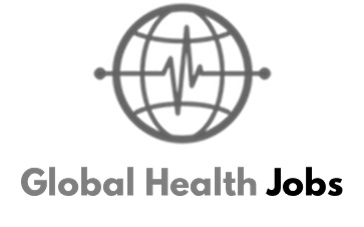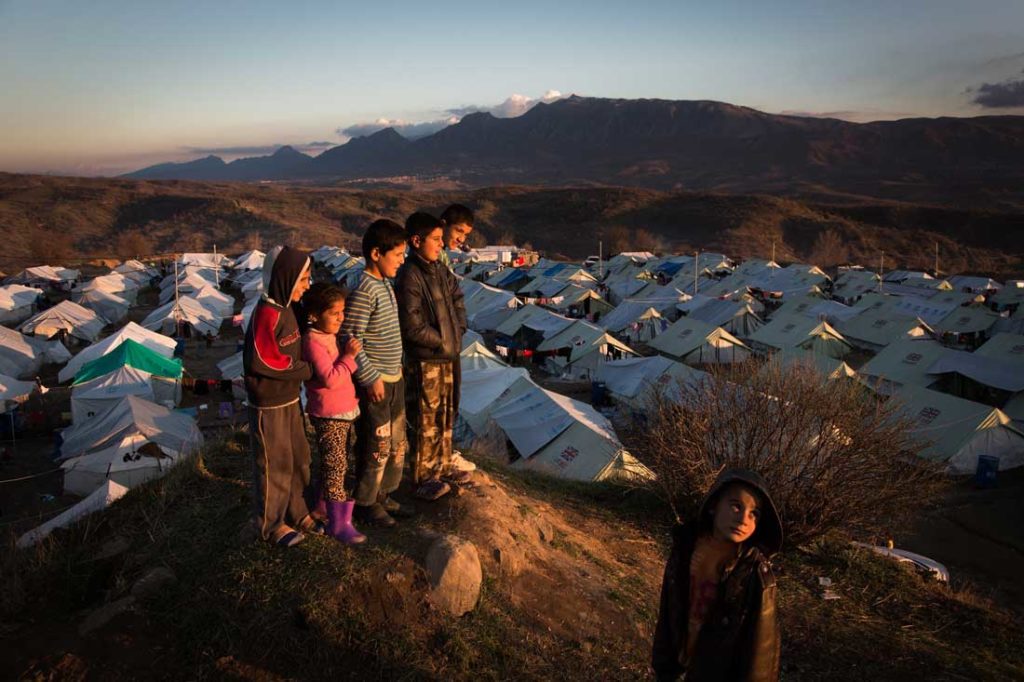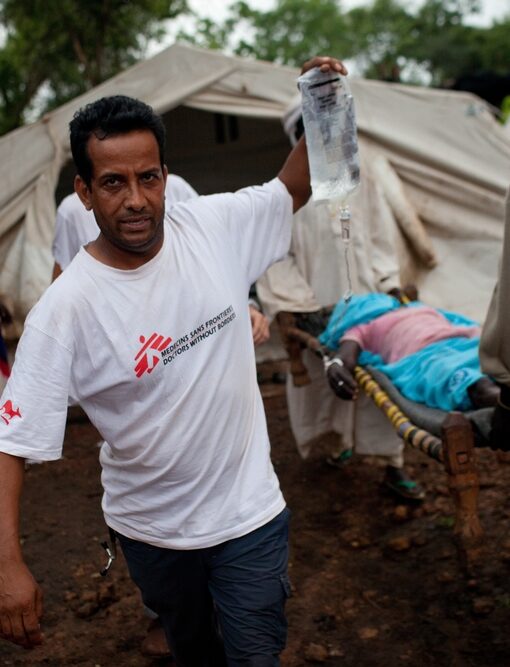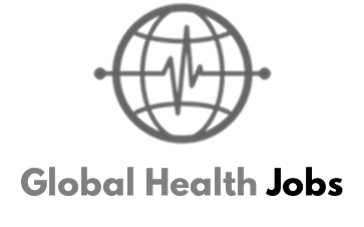Working in developing countries and emergencies
Combining research and practical aid, working in developing countries (international development) provides much needed support to people living in the developing world. This can range from humanitarian work to construction of infrastructure and emergency response. Put plainly, it’s looking into issues or problems and deriving solutions for developing nations.
There are several organisations within International Development that are worth looking into; some are charities, some are not-for-profit organisations. Beyond that, there are government departments and even elements of the United Nations such as UNICEF, UNIDO and The World Health Organisation that are involved. As such, it’s not just big charities that are making a difference – there are multiple organisations working to make real-world changes.
How does the WHO work? How does it reconcile the diverse interests of 191 sovereign member states—plus those of the multinational corporations that lobby it, the numerous NGOs with which it interacts, and the enormous international secretariat that services it—in the search for effective solutions to the myriad problems it confronts daily? Find jobs within www.globalhealthjobs.com to find out, or send us a message to see how we can help.











